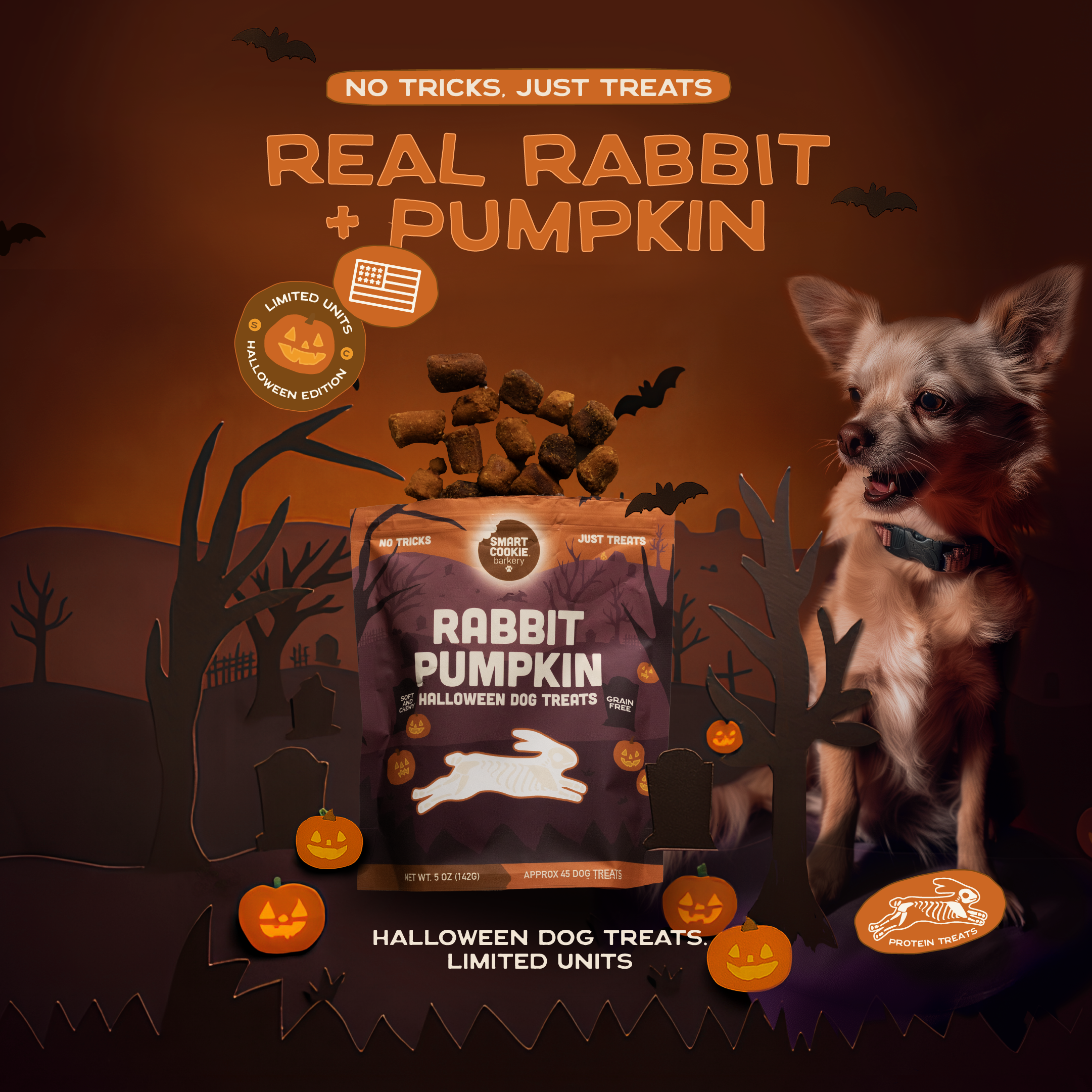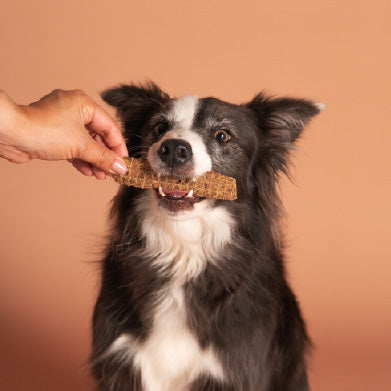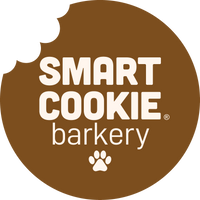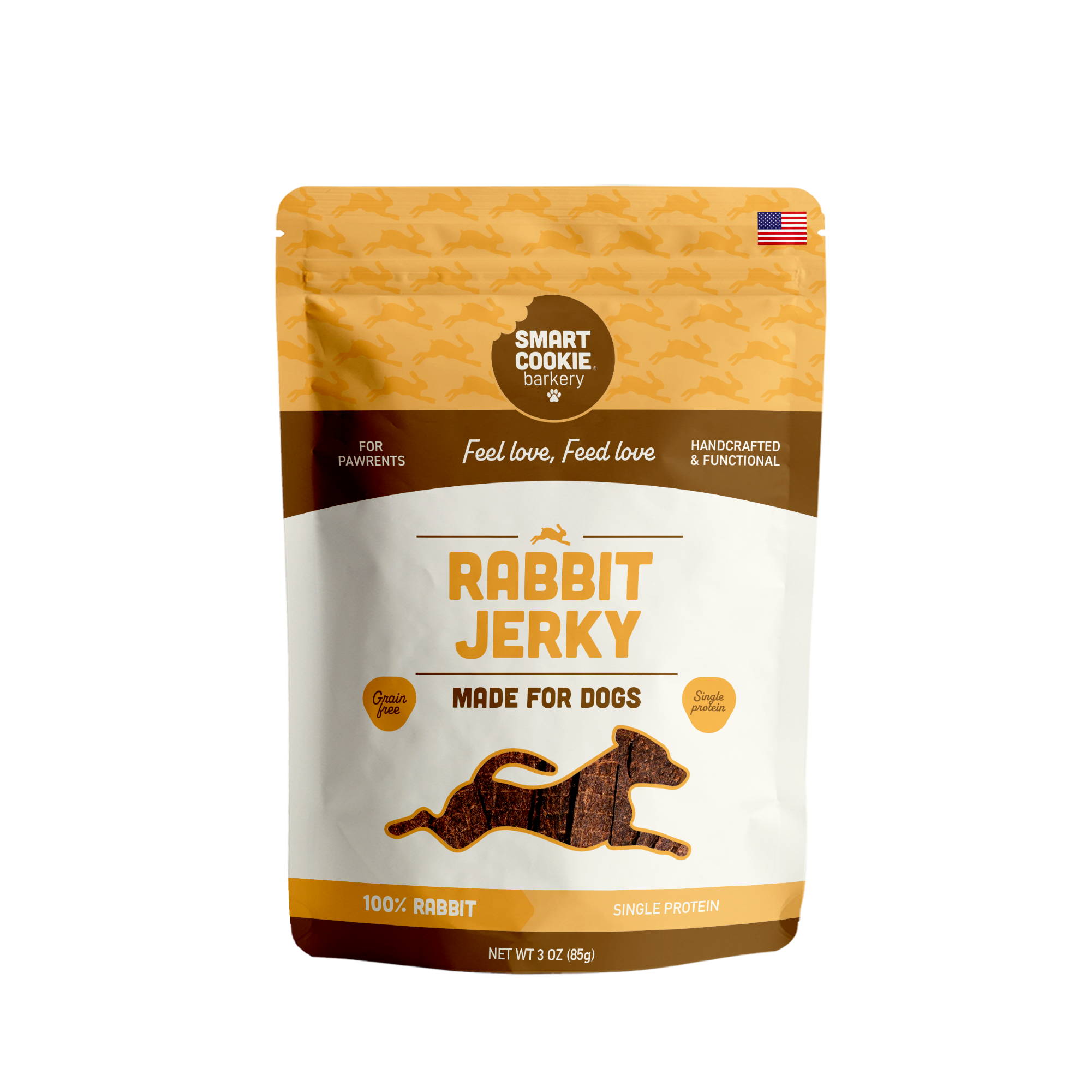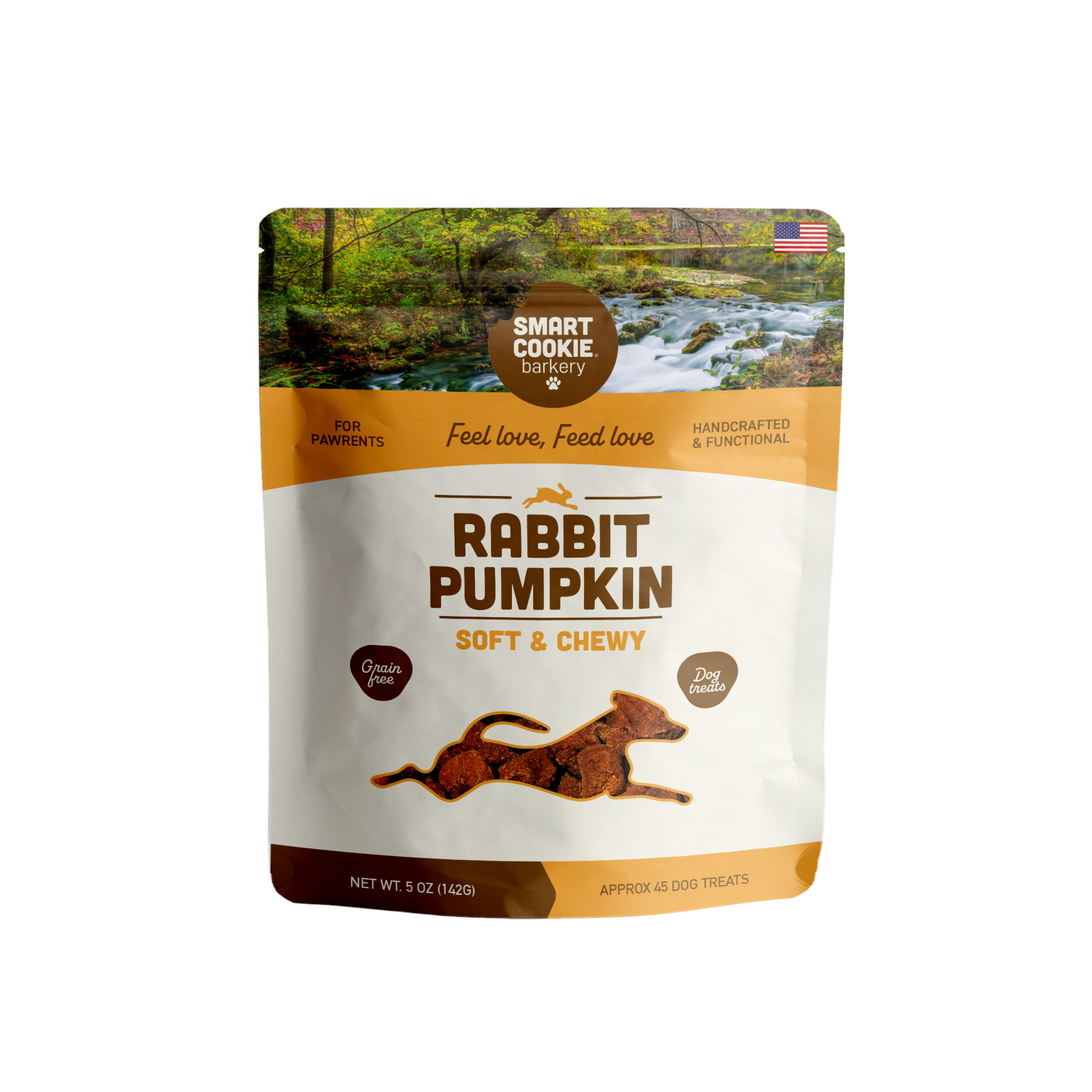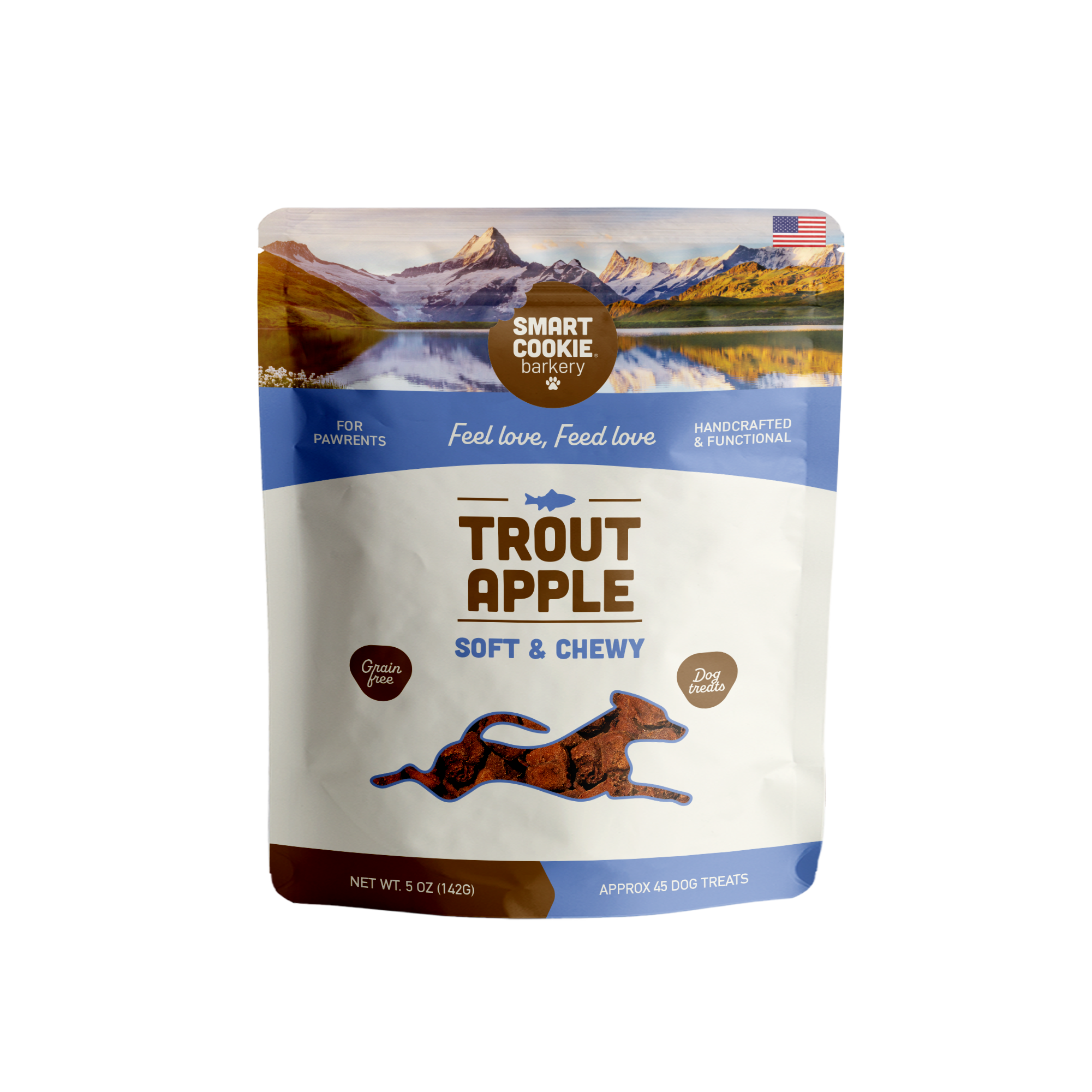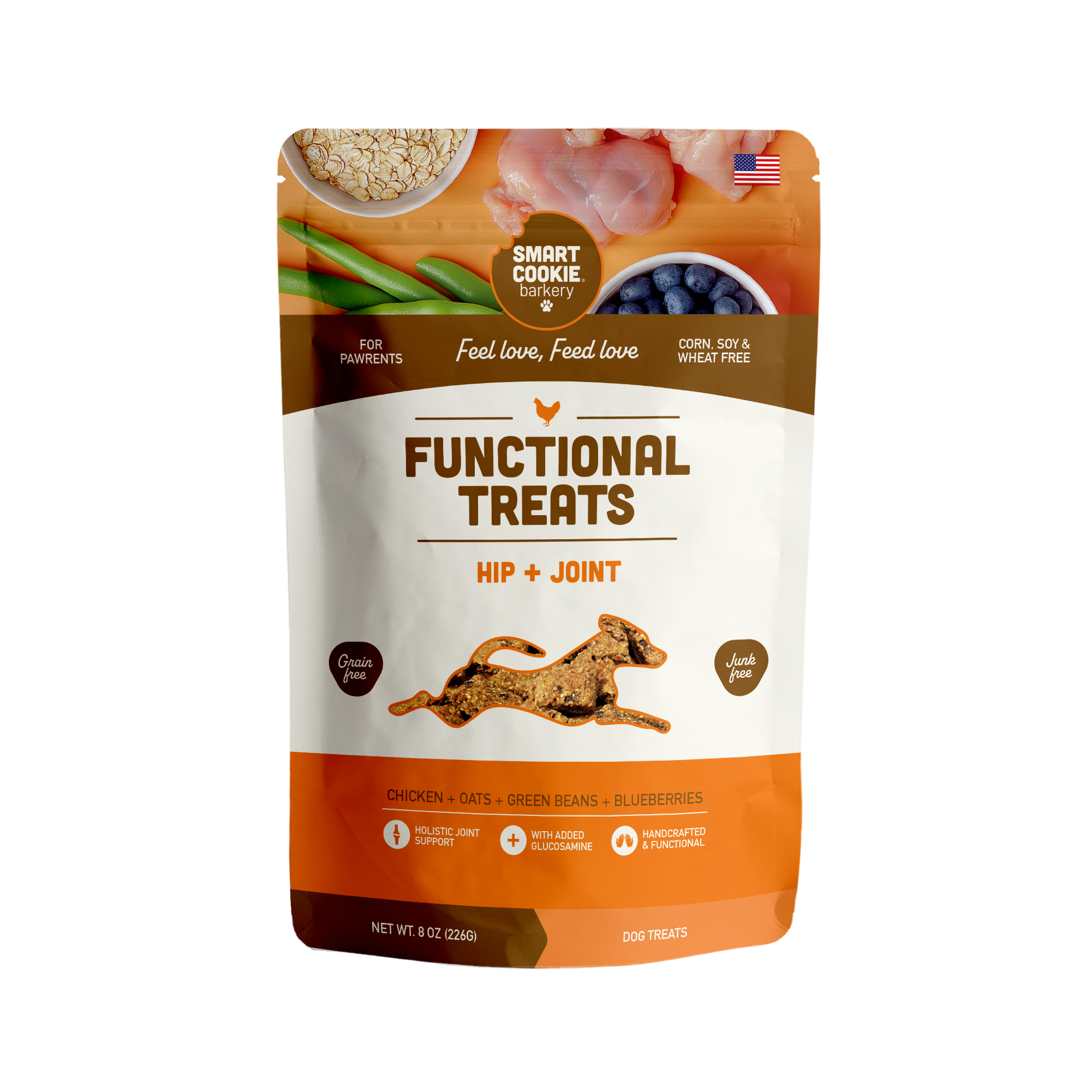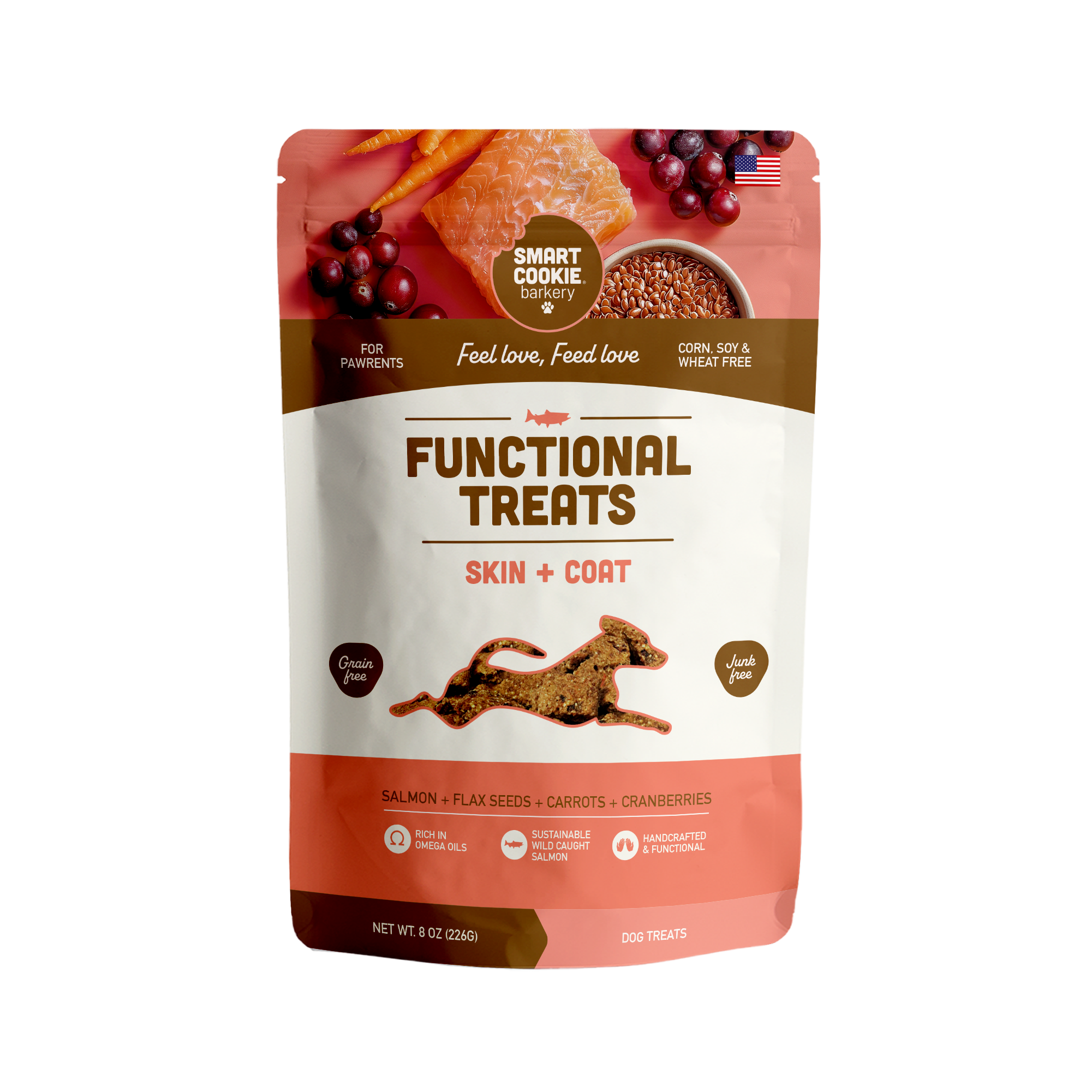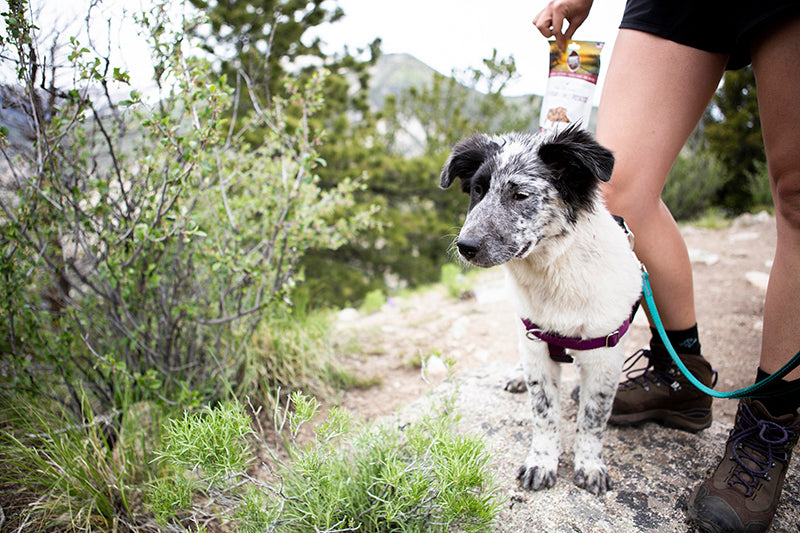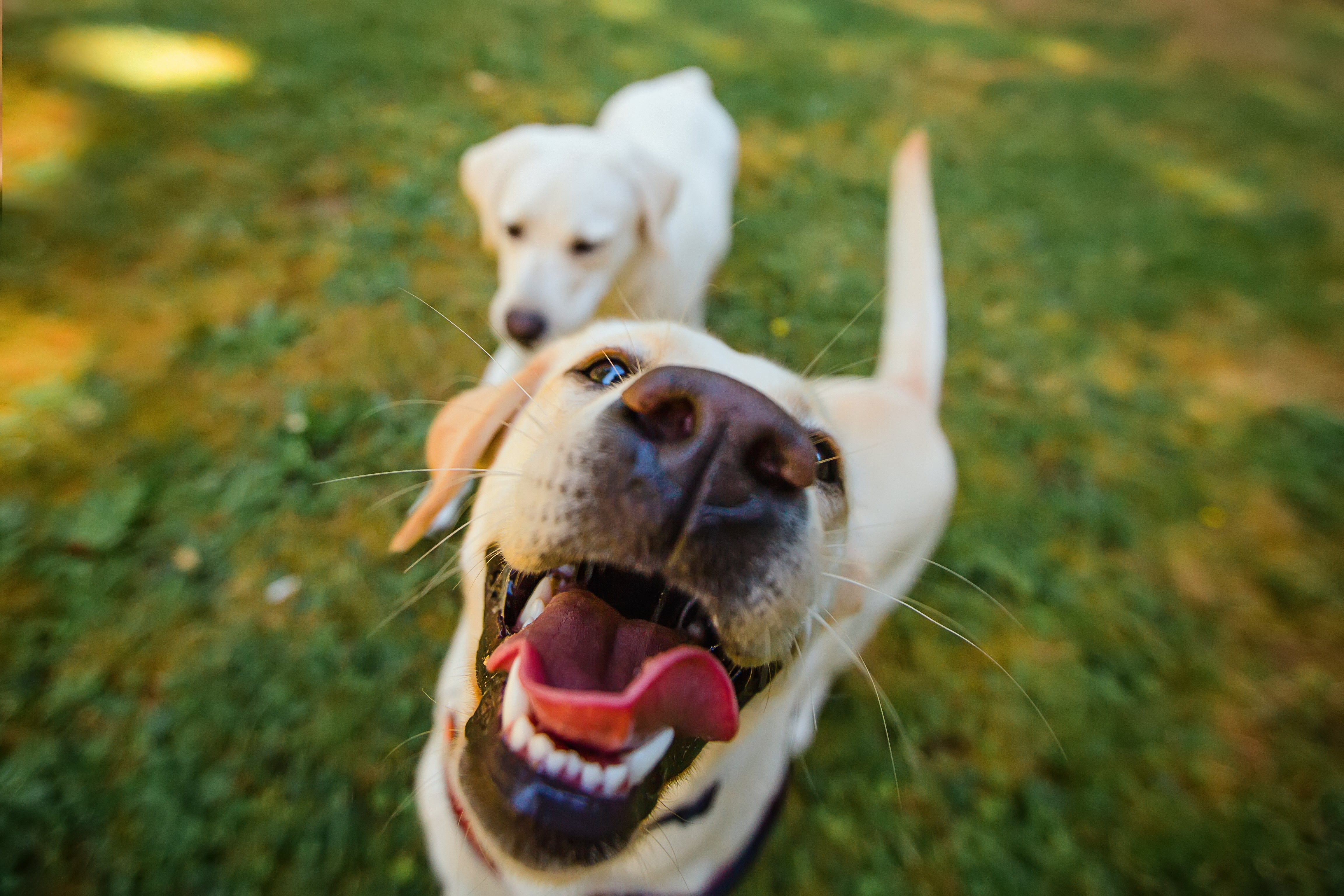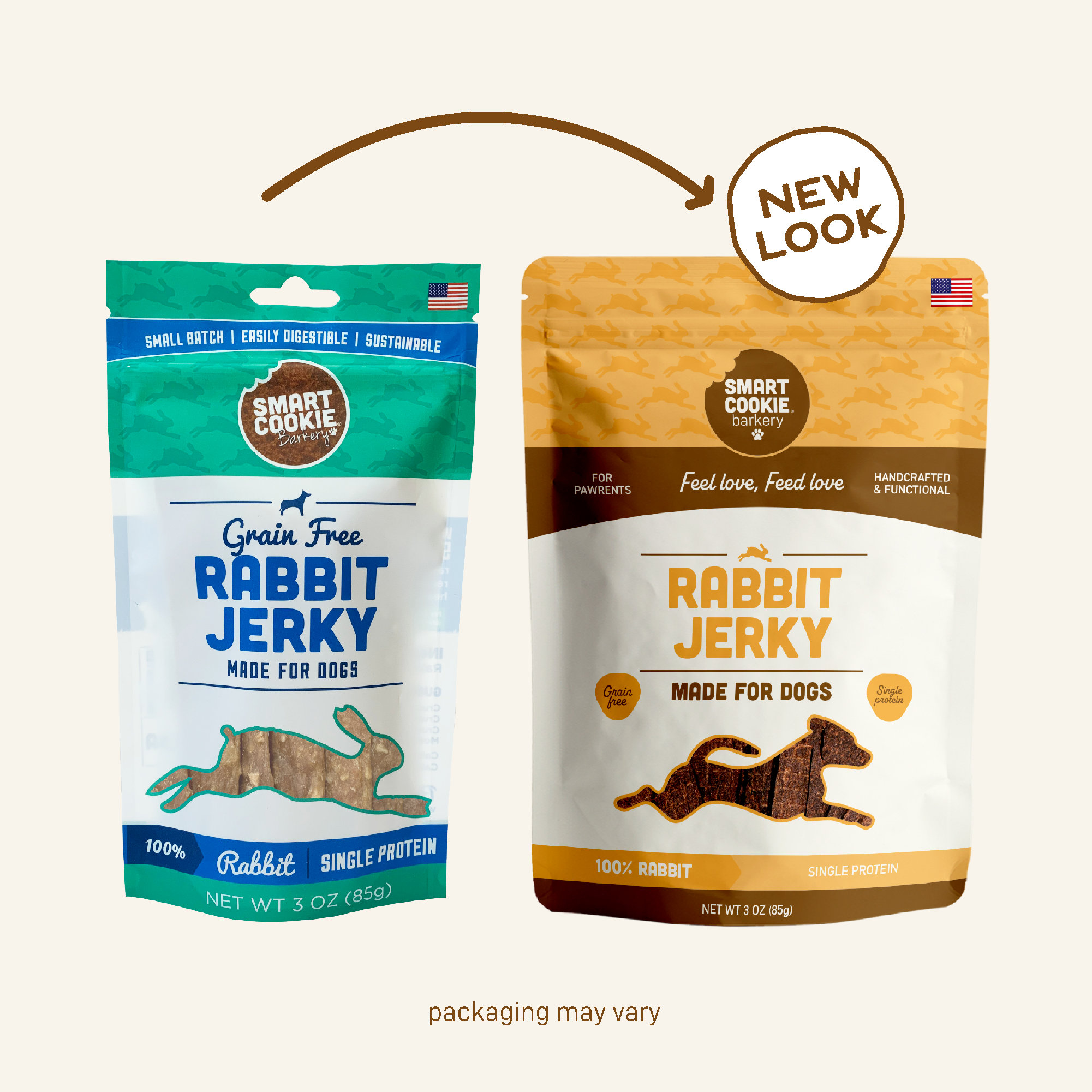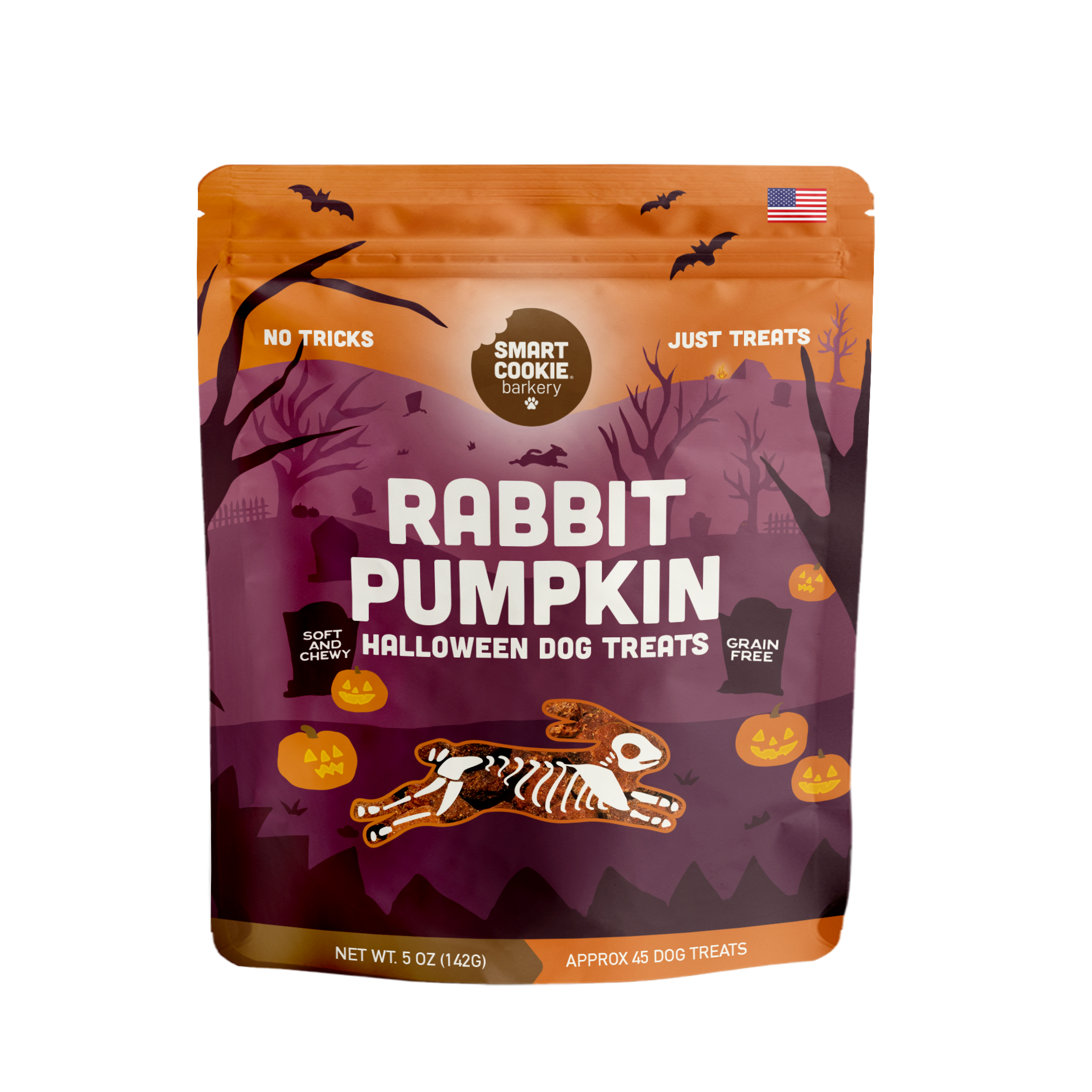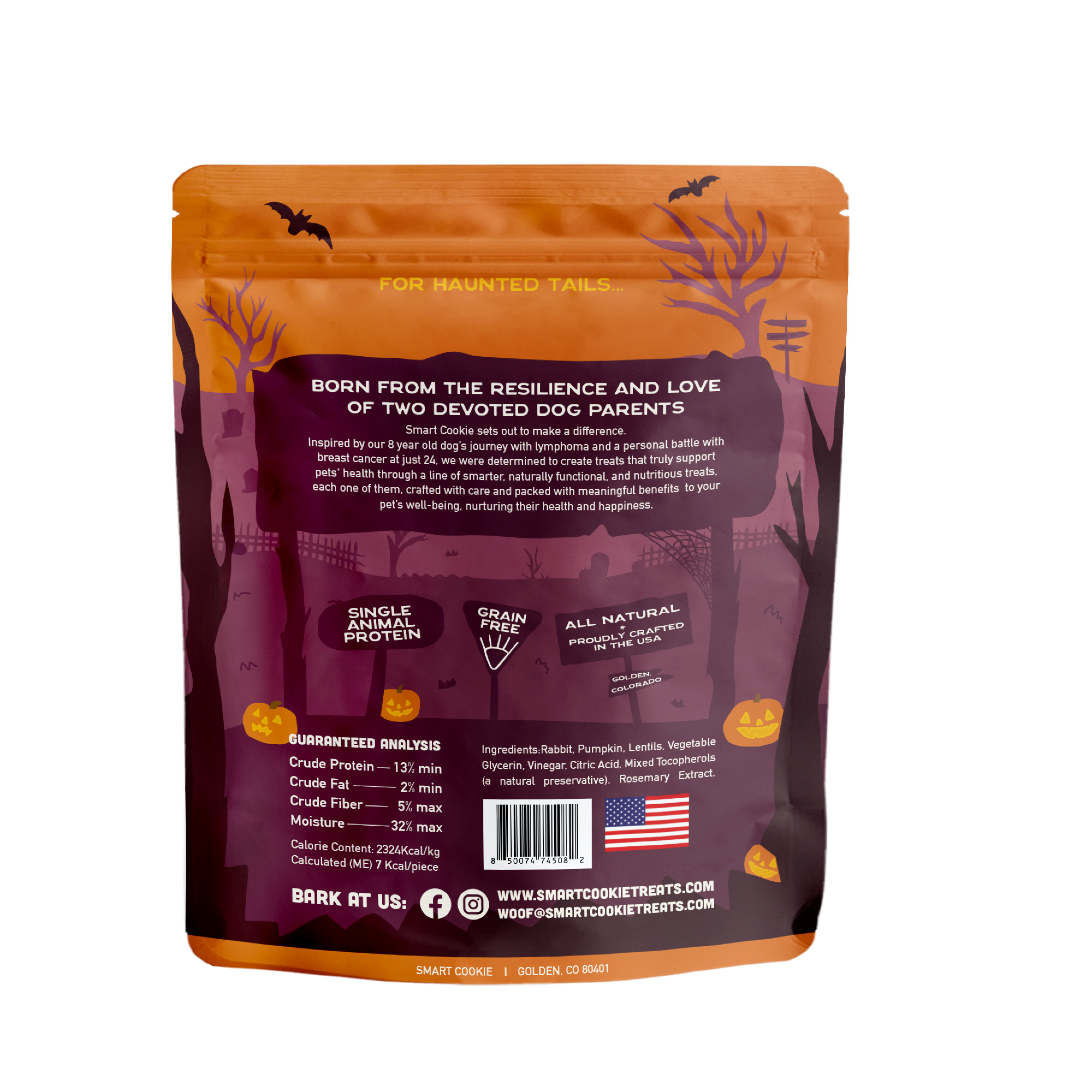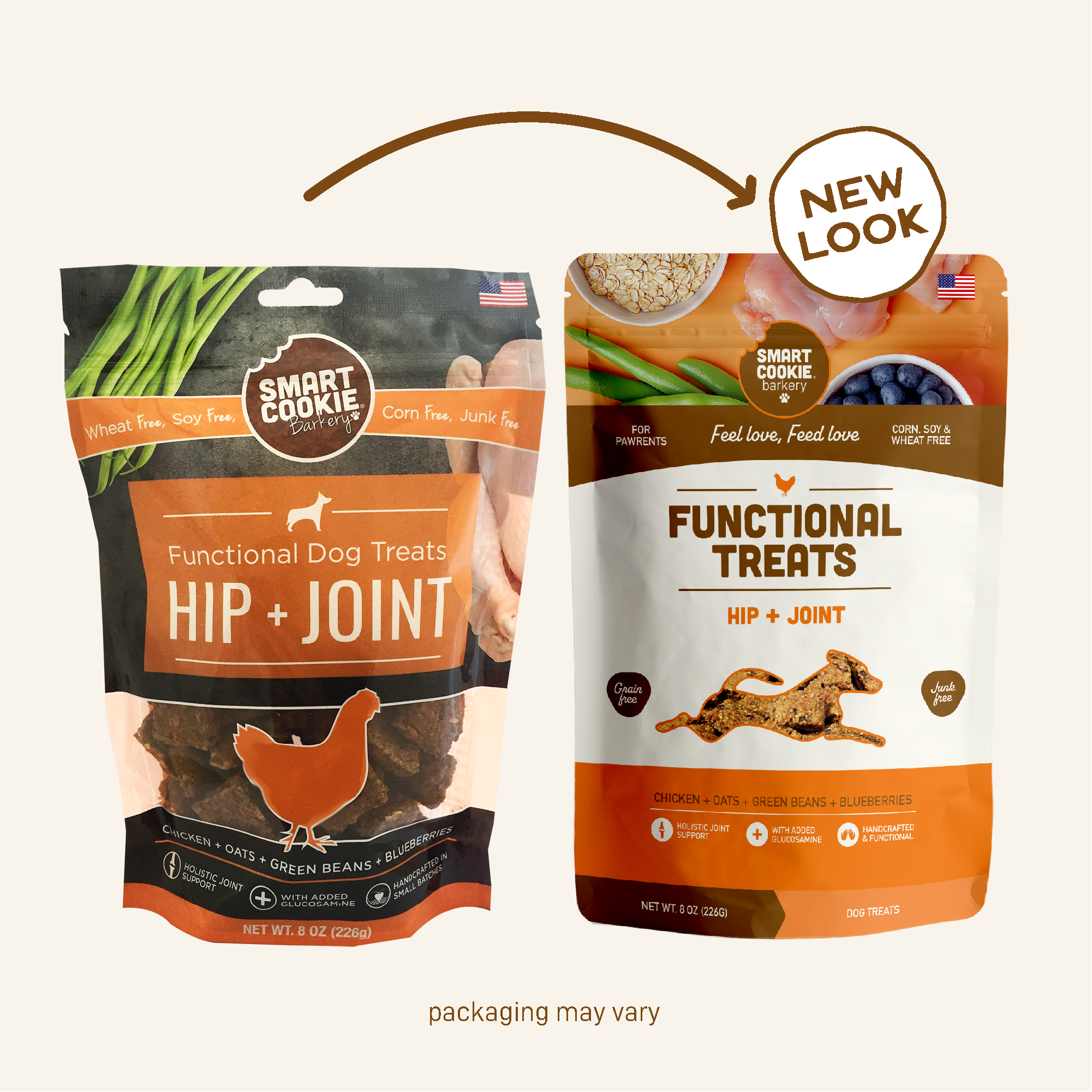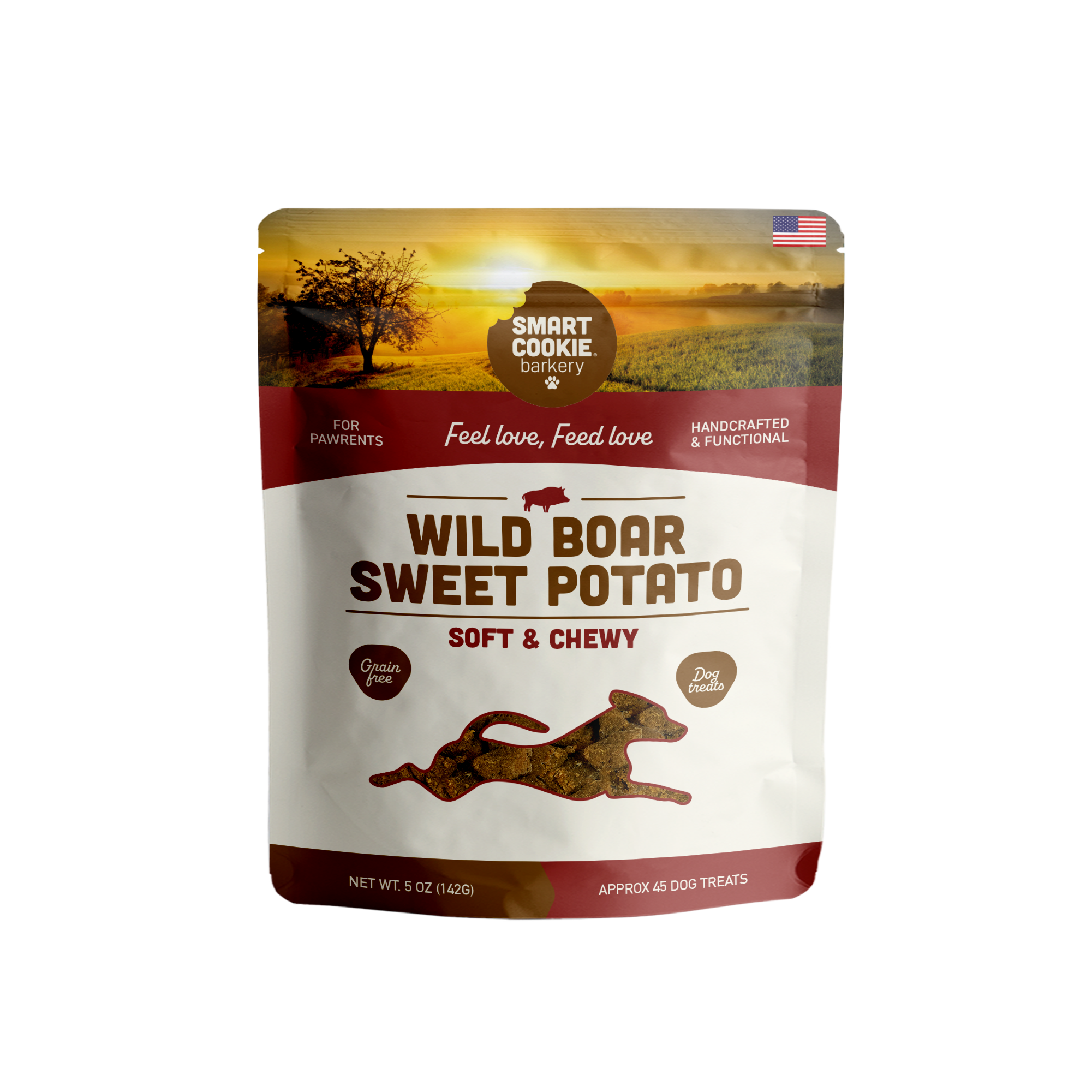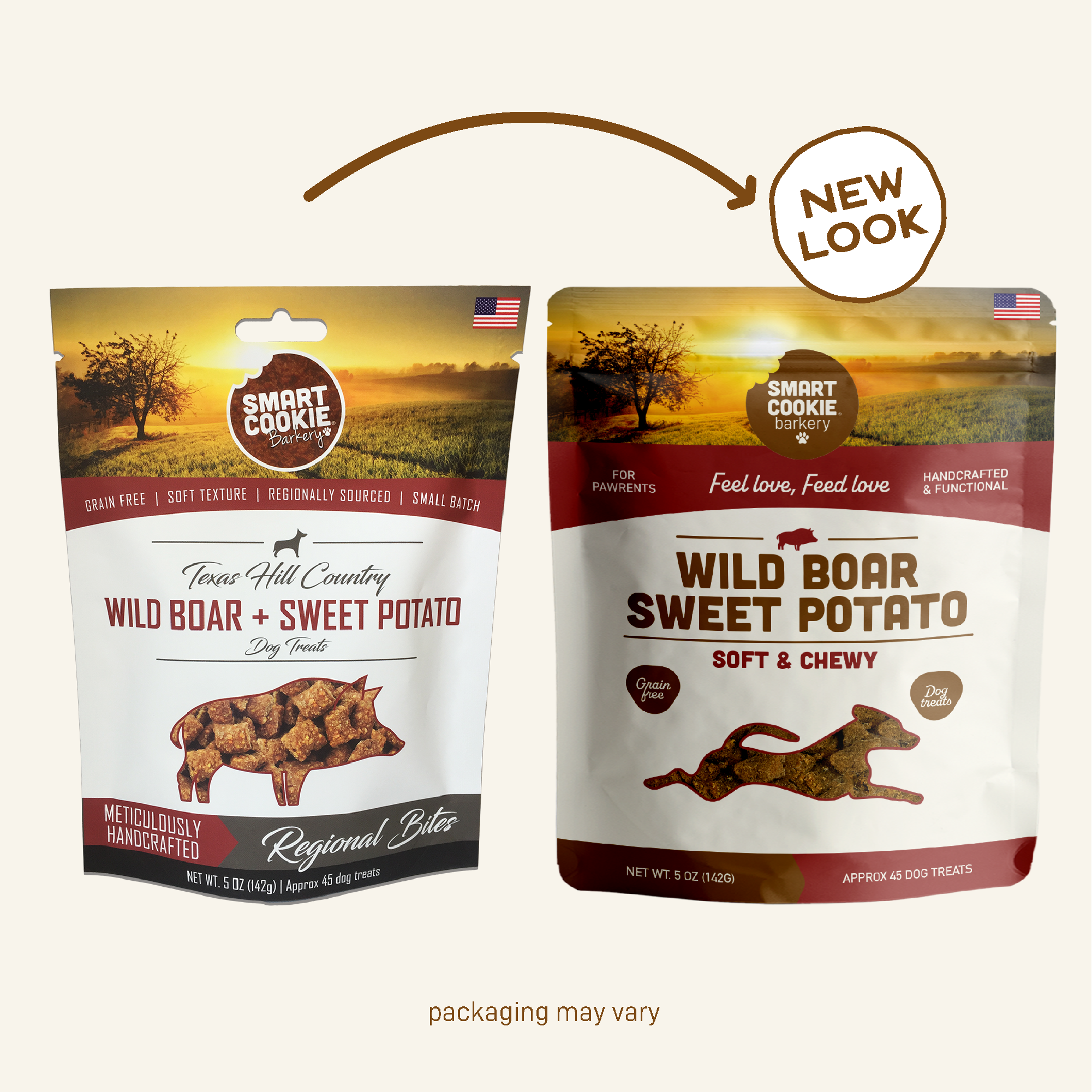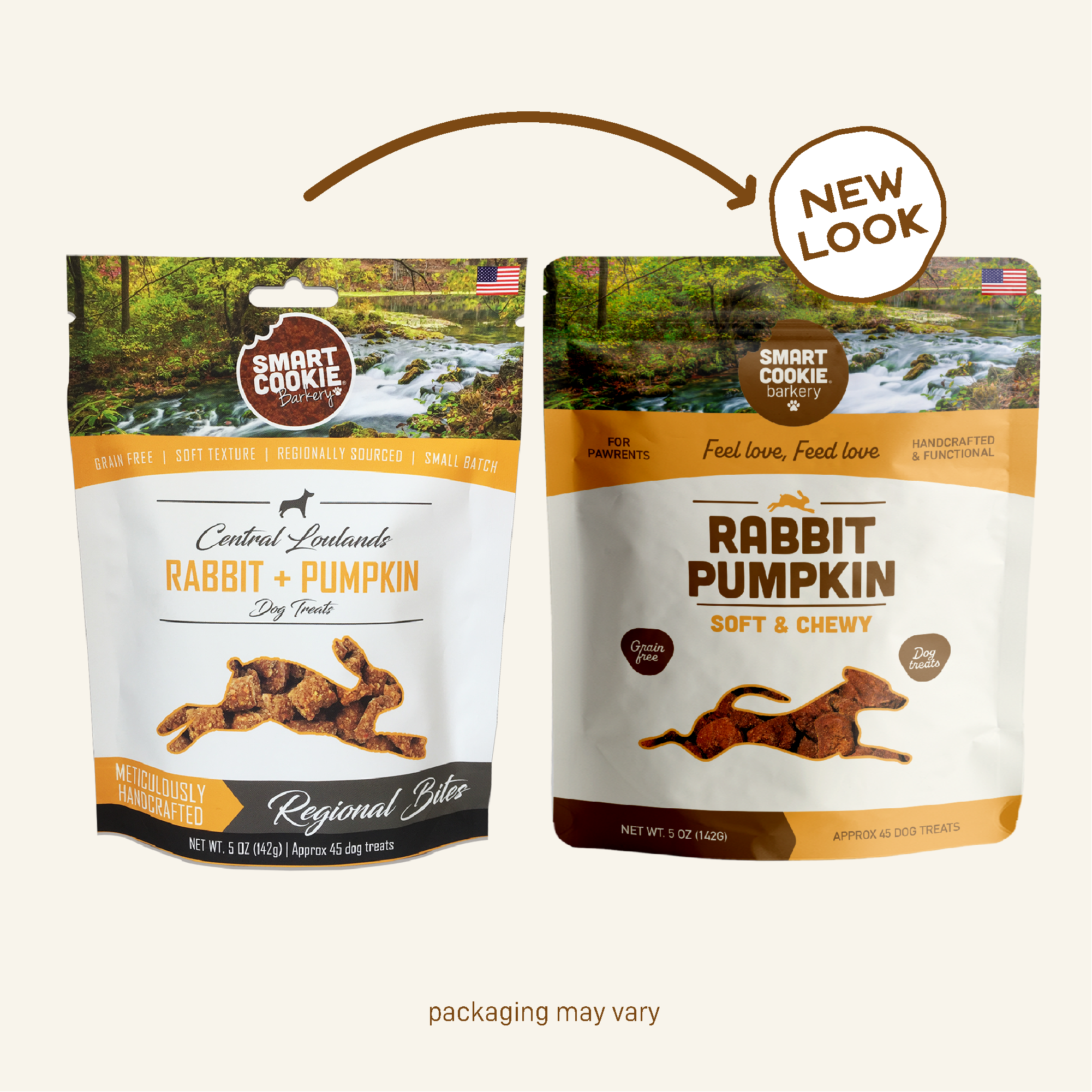Xylitol Toxicity in Dogs


Mmmm, peanut butter. The majority of dog owners out there know that their dogs will go nuts for peanut butter! (excuse the pun). We even use natural peanut butter in our treats because of all of it's healthy ooey-gooey yumminess, and have you ever tried sticking a bit of peanut butter in your dog's upper lip? Try it. You'll like it. Anyhow, not all peanut butters are made the same. In fact, you'll want to pay particular attention to any food product that may be labeled "sugar-free" or contain lower calorie sweeteners as they can be potentially harmful to your dog.
Xylitol, for example, while a safe sugar alternative for human consumption, can pose a serious danger to your dog. It can actually be deadly. So, what is xylitol? Why is xylitol toxic to your dog? We'll explain.
What is Xylitol? It is a naturally occurring sugar alcohol that is found in a lot of hardwood plant species such as plums, berries, fruitwood, etc. but when it's extracted and used as a sugar substitute is where the issues arise. Xylitol is commonly used in "sugar-free" products such as chewing gum, peanut butter, candies, etc. because it is a calorie-free, sugar-free way to enjoy sweetened products. However, for dogs, it can be deadly. In fact, the most common way that dogs accidentally ingest xylitol is from chewing gum, typically from them being nosy inside of purses or pockets.
Why can't dogs digest xylitol? When humans ingest xylitol, it does not stimulate the release of insulin. However, when any other species besides primates eats xylitol, it is automatically absorbed into the bloodstream and the pancreas thinks its supposed to be releasing a large amount of insulin. This large amount of insulin is toxic and results in hypoglycemia (very low blood sugar). The negative effects of ingested xylitol on a dog can occur quickly.
What happens if your dog eats xylitol? Visit a veterinarian as quickly as possible. Even a small dose of xylitol can be deadly. Some signs to watch out for include: vomiting, weakness, dizziness, lethargy, tremors, or difficulty moving.
Bottom line: keep your gum to yourself, secure purses and pockets, and only share your peanut butter with your pooch if it is xylitol-free, or better yet, only made with nothing but peanuts. If you think your dog may have ingested xylitol, contact the Pet Poison Hotline at 800-213-6680, ASPCA at (888) 426-4435 or your closest emergency veterinarian as soon as possible.
